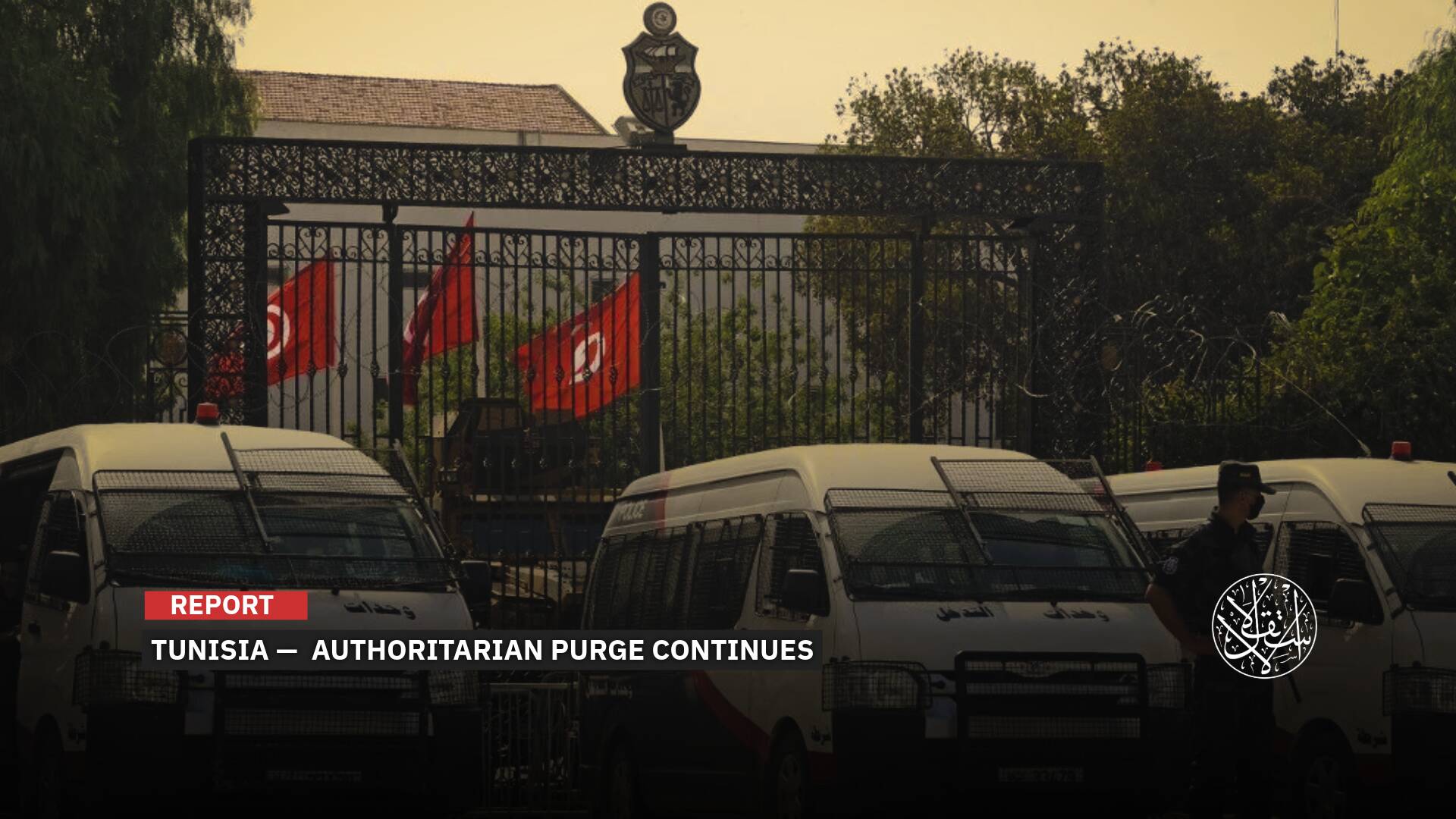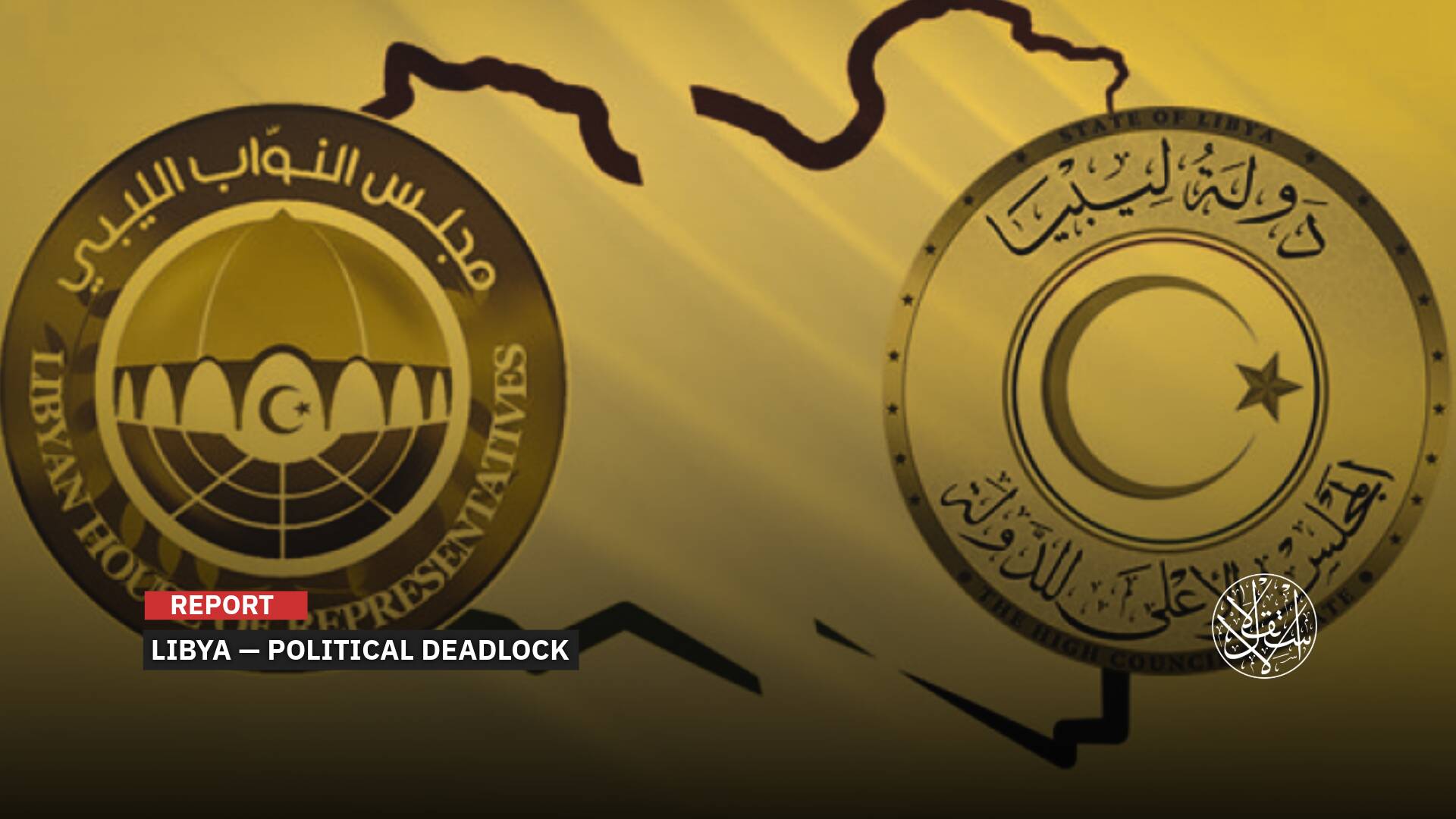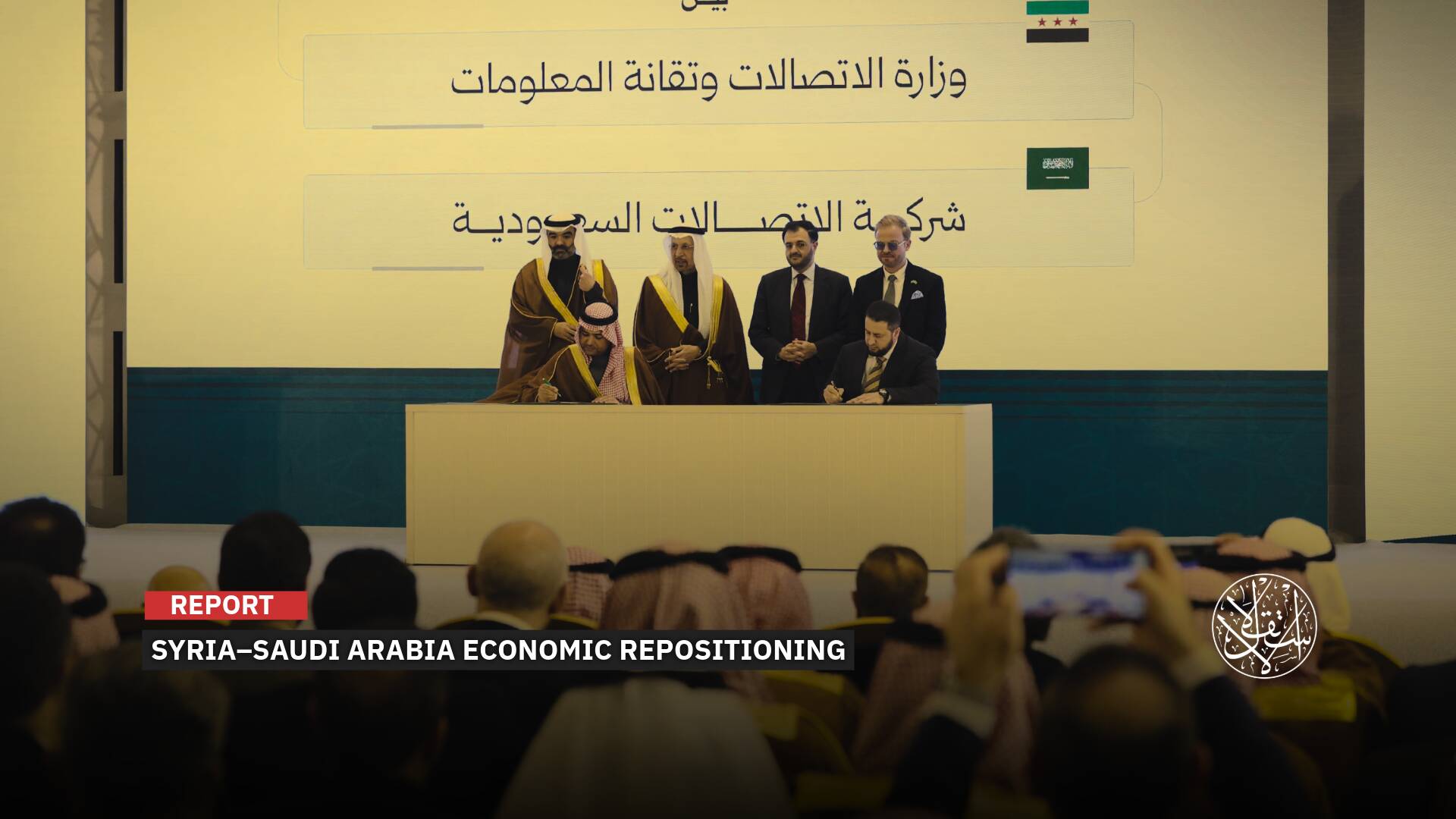Turning to the Solomon Islands: This Is How China Strengthens Its Presence in the Pacific
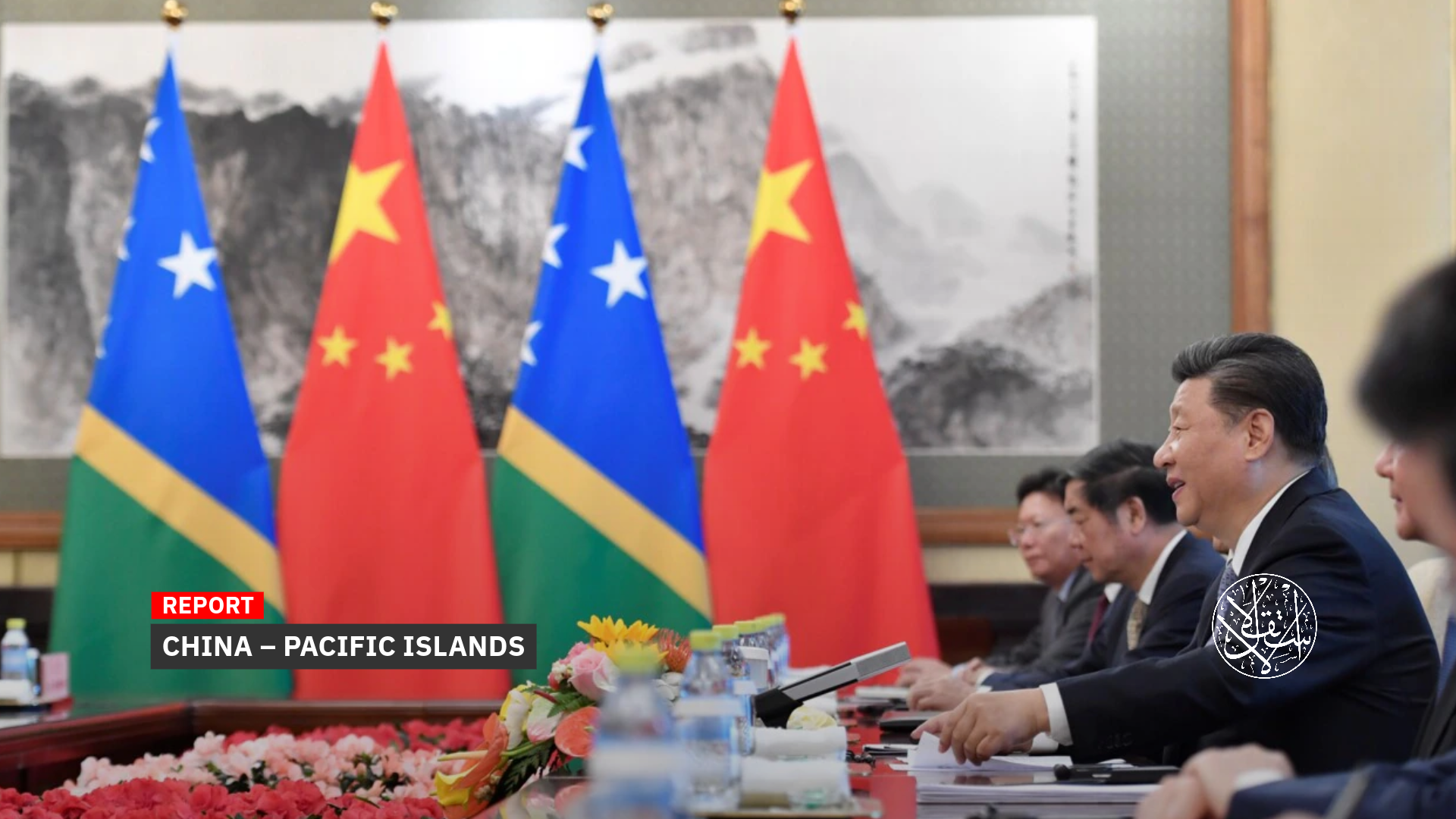
China has recently succeeded in fully securing its southern flank overlooking the Pacific Ocean and the South China Sea after signing a comprehensive strategic partnership with the Solomon Islands aimed at enhancing cooperation in areas such as the police, navy, combating terrorism, and organized crime.
The agreement, which would provide the Chinese military with a foothold in the South Pacific, has alarmed political circles in the West, including the United States, Australia, and New Zealand.
Thus, the countries of the South Pacific have been transformed from small islands that the world hardly knows into the epicenter of a major crisis between China and the West.
What are the dimensions of the Chinese-Western rivalry over the Pacific islands? How do the islanders of 14 Pacific countries view this rivalry?
Western–Chinese Rivalry
The rivalry between the United States and its allies, on the one hand, and China, on the other, is not limited to the rights of influence in the East China Sea, the South China Sea, Taiwan Island, and the provinces of Hong Kong, Tibet, and Xinjiang. Rather, the rivalry extends to all of the Pacific Ocean as the 14 countries covering the islands of the ocean are at the heart of the U.S.–China struggles in the Pacific.
On May 22, the United States scored a new goal in this struggle when the Parliament of Papua New Guinea revealed that Prime Minister James Marape had signed a security agreement with the United States granting Washington full access and deployment of military forces without any conditions to all Papua New Guinean islands.
In an effort to strengthen diplomatic relations in the Pacific in the framework of confronting China, the United States opened an embassy in the Solomon Islands, after an absence of 30 years, according to what was announced by U.S. Secretary of State Antony Blinken on February 1, 2023.
The last U.S. embassy in the Solomon Islands closed in 1993 amid post-Cold War budget cuts, and the U.S. was represented there by an ambassador based in Papua New Guinea.
These U.S. moves come amid concerns between Washington and its allies about Beijing’s military ambitions in the Indo-Pacific region, and as compensation for Washington’s failure to conclude a security agreement with the Solomon Islands, which was visited by former U.S. Vice President Mike Pence in 2018, but it went to China’s share.
Both Papua New Guinea and the Solomon Islands have diplomatic, geopolitical, military, and economic importance for the United States and China, which are now competing in what some observers fear could turn into a new Cold War.
In March 2022, China signed a secret security agreement with the neighboring Solomon Islands that allows it to station troops in the country.
At the time, Australia, New Zealand, the United States, and some neighboring countries criticized the agreement as undermining regional stability.
Although both Honiara and Beijing denied the existence of any military character to the agreement, the refusal of Solomon Islands ports to respond to the demands of a U.S. Coast Guard ship in August 2022 made the United States and its allies more concerned about increasing Chinese influence in that region.
In Western attempts to counterbalance China’s growing influence in the Pacific, Australia has in recent years increased its spending on the aid it provides to the islands of that region, including financing billions of dollars in infrastructure projects, while British Foreign Secretary James Cleverly visited the islands last April.
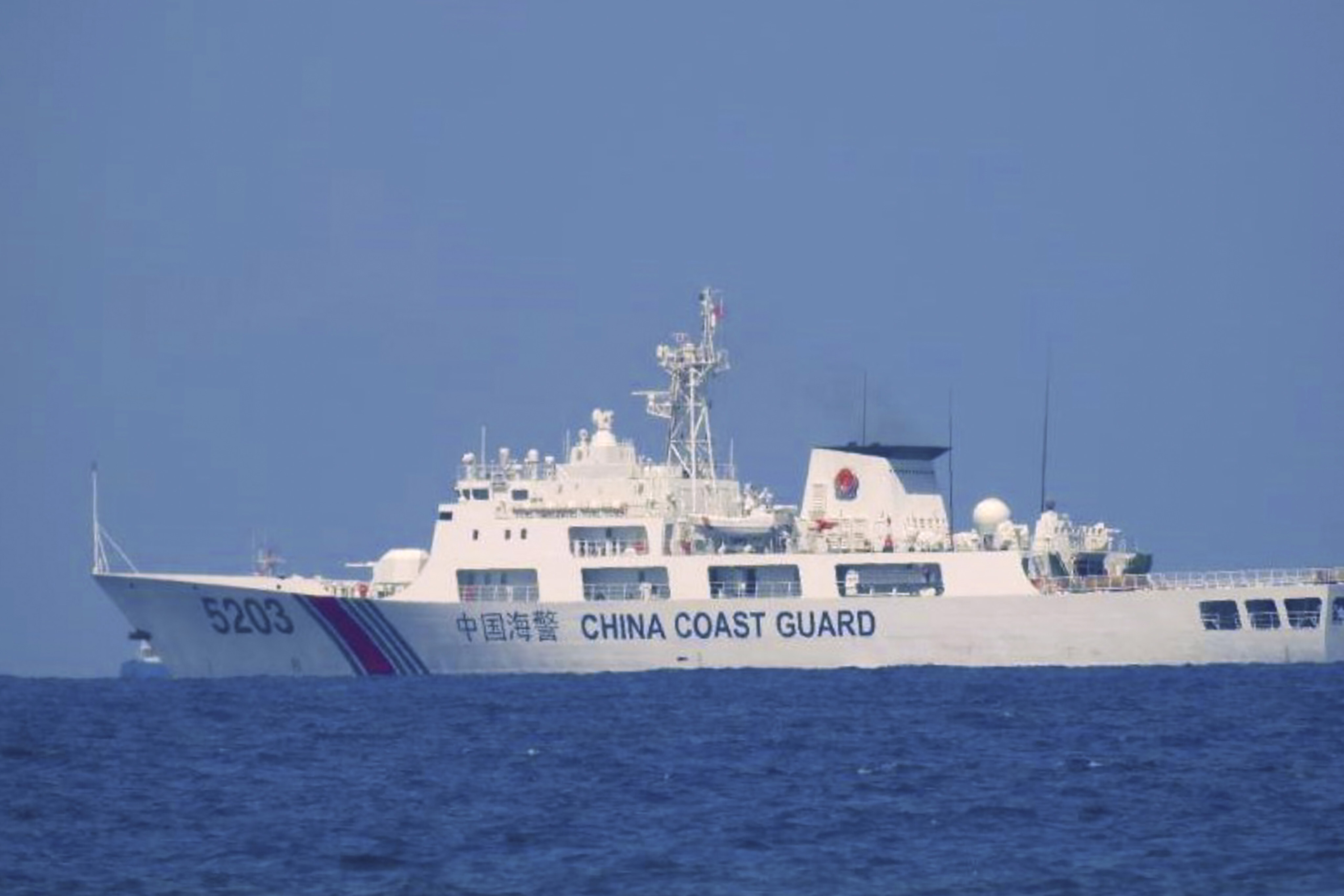
Worrying Agreement
The Solomon Islands recently became the latest Pacific nation to open an embassy in China, cementing ties with Beijing at a time when Washington is seeking to bolster its presence in the region, Bloomberg reported.
On July 11, 2023, the Solomon Islands opened its first embassy in China in the presence of the Director of the Office of the Foreign Affairs Commission of the Communist Party of China Central Committee, Wang Yi, and the Prime Minister of the Solomon Islands, Manasseh Sogavare.
Chinese President Xi Jinping met PM Sogavare on July 10 in Beijing, and they agreed to elevate relations to a comprehensive strategic partnership, which would allow Beijing to expand its security presence in the Solomon Islands until 2025.
The Solomon Islands confirmed that the agreements concluded with Beijing do not constitute a threat to the Pacific region, rejecting the concerns expressed by the Western powers.
PM Sogavare defended the agreement, saying it aims to improve the country’s internal security and stability, and that there are no plans to build a permanent Chinese naval base in the archipelago.
He added that since the establishment of diplomatic relations nearly four years ago, bilateral cooperation has been expanding in scope and depth, noting that the Solomon Islands has actively participated in the Belt and Road Initiative, and China has become the country’s largest trading partner.
PM Sogavare made it clear that “Solomon Islands will steadily develop relations with China and will firmly adhere to the one-China principle, stressing that his country considers Taiwan an integral part of China’s territory.”
While Sogavare repeatedly emphasized that his country is everyone’s friend, he appeared in a video published by Chinese media saying to local officials upon his arrival in Beijing, “I returned to my homeland.”
In turn, Chinese President Xi Jinping said that his country fully respects the unity of the Pacific Island nations, and supports them in implementing the 2050 strategy for the Blue Pacific continent.
China attaches great importance to strengthening its influence strongly in the South Pacific region by consolidating and developing its relations with the islands there as part of China’s plan to surround the islands adjacent to the South China Sea and the Taiwan Strait.
Pacific Island countries face common challenges stemming from their small size, geographical isolation, extreme vulnerability to climate change and natural disasters, as well as widespread poverty and slow economic growth.
“China and Pacific island countries are both developing countries and should strengthen mutual assistance within the framework of South-South cooperation,” Xi said in the meeting.
China has always supported the so-called South-South cooperation, which refers to cooperation between developing countries on the basis of equality for mutual benefit.
“China–Solomon Islands ties have set a good example of solidarity and cooperation” between countries of different sizes and between developing nations,” Xi said.
Xi told Sogavare that China supports more of its firms investing in the Solomon Islands and will continue to provide economic and technical assistance without political strings attached.
Chinese telecoms giant Huawei is already building a cellular network in the Solomon Islands, funded by a $66 million Chinese EXIM Bank loan.
A Chinese state firm will also redevelop the port in the capital, Honiara.
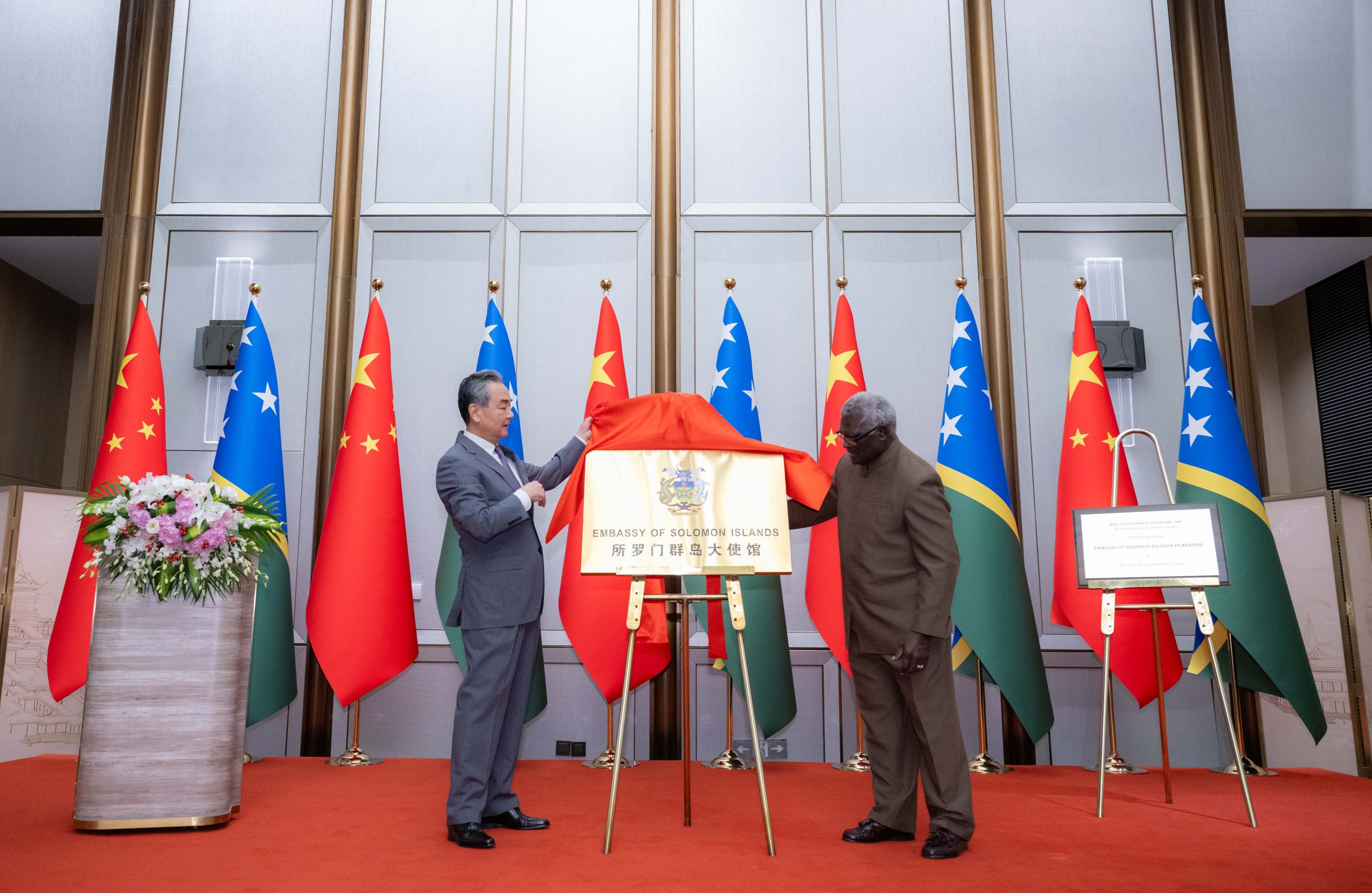
Diplomatic Ambiguity
The Solomon Islands is a country in the South Pacific Ocean that was under the British Crown as a Commonwealth country until its independence in 1978.
The Solomon Islands were among the Pacific countries that recognized Taiwan as an independent country from China until 2019 when it severed ties with Taipei and established diplomatic relations with Beijing.
The move sparked protests and riots on Malaita, the most populous island in the archipelago, where some citizens are angry at China’s growing influence.
In November 2021, violence erupted in the capital, Honiara, as protesters stormed the parliament building and set fire to Chinese companies, demanding the resignation of Prime Minister Sogavare.
Australia, which is the largest donor to the Solomon Islands, sent defense forces to restore security and order in the country at the request of the Sogavare government.
For decades, the Solomon Islands faced relative diplomatic obscurity, to the point that the United States closed its embassy in 1993.
But the secret security agreement between Beijing and Honiara in 2022 forcefully brought it back to the scene.
A string of other deals, including an athletics stadium that China gifted to the island, have indicated that China is tightening its grip on a chain of islands that is fast becoming the starting point in the great game for control of the Pacific.
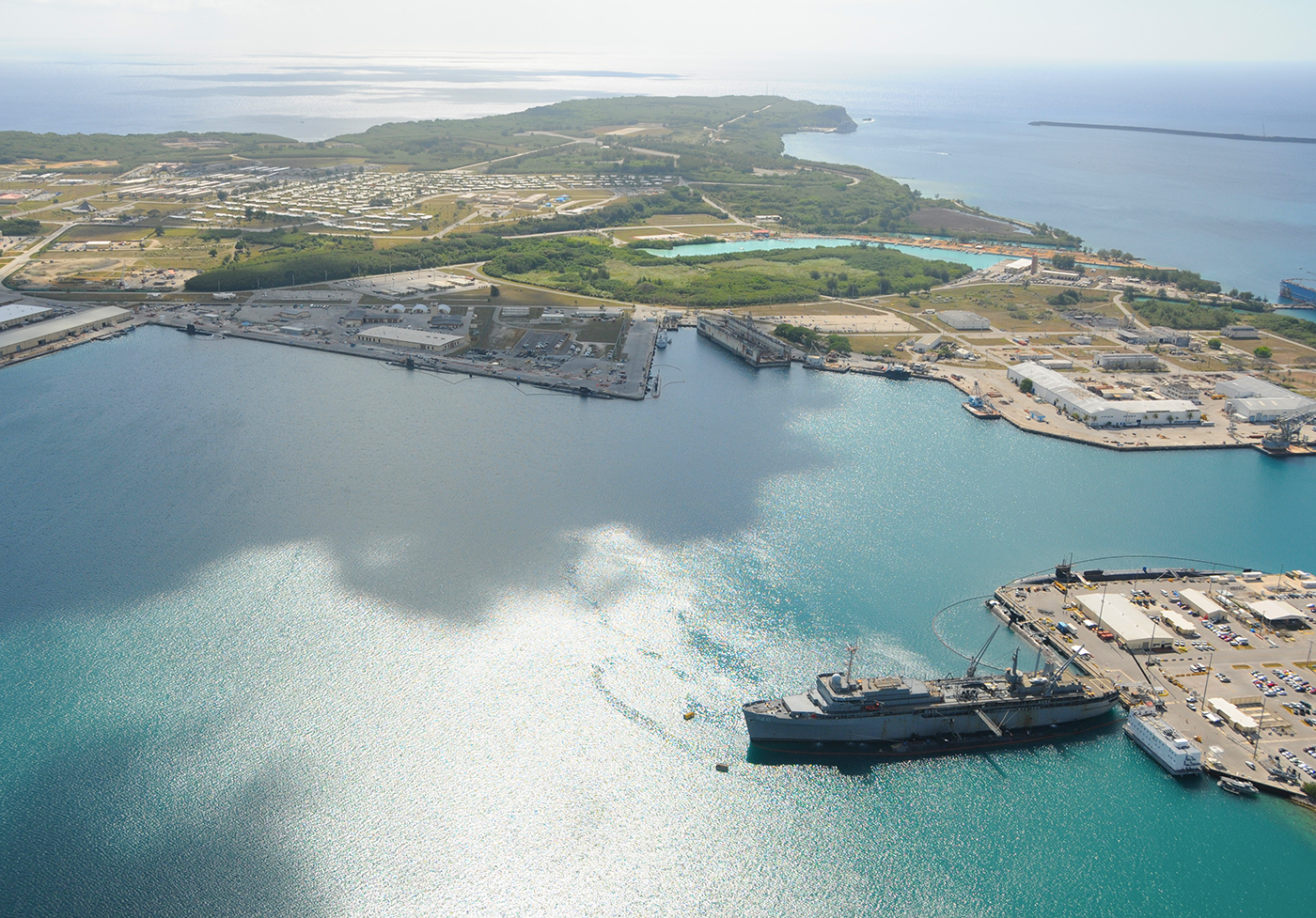
In turn, analyst Ibrahim Khatib pointed out, in a statement to Al-Estiklal, that “China sees the peoples of the Pacific islands closer to it than the United States, and it is eagerly awaiting the year 2024 when some security agreements between the United States and some Pacific islands will expire to replace Washington.”
He also added, “China sees in the Pacific island countries a huge voting bloc that includes 14 countries, which is of particular importance to China in international and regional forums.”
Mr. Khatib also explained that “China believes that building security and political relations with the Pacific island countries means isolating Taiwan further, and indeed, in 2019, China succeeded in changing the diplomatic recognition of both the Solomon Islands and Kiribati towards Taiwan in its favor.”
However, the analyst added, “There are concerns that the deals not only mean the Pacific Islands will lose their sovereignty but that they will make them a center of unwanted geostrategic competition.”
Mr. Khatib noted that “some of the bloodiest battles of World War II took place in the Pacific Ocean,” adding that “there are fears that the Chinese army or police could be brought in to suppress any future protests in the Solomon Islands.”
Sources
- Solomon Islands leader hits back at criticism of deepening security ties with China
- Solomon Islands Opens China Embassy in Sign of Closer Ties
- Solomon Islands officially opens embassy in Beijing, 'a big milestone' to further enhance relations between countries and people
- US and Papua New Guinea sign defense pact as Washington, Beijing vie for influence in the Pacific
- China's 'free money' comes at a cost in the great game to control the Pacific
- US opens embassy in Solomon Islands after 30-year absence to counter China






